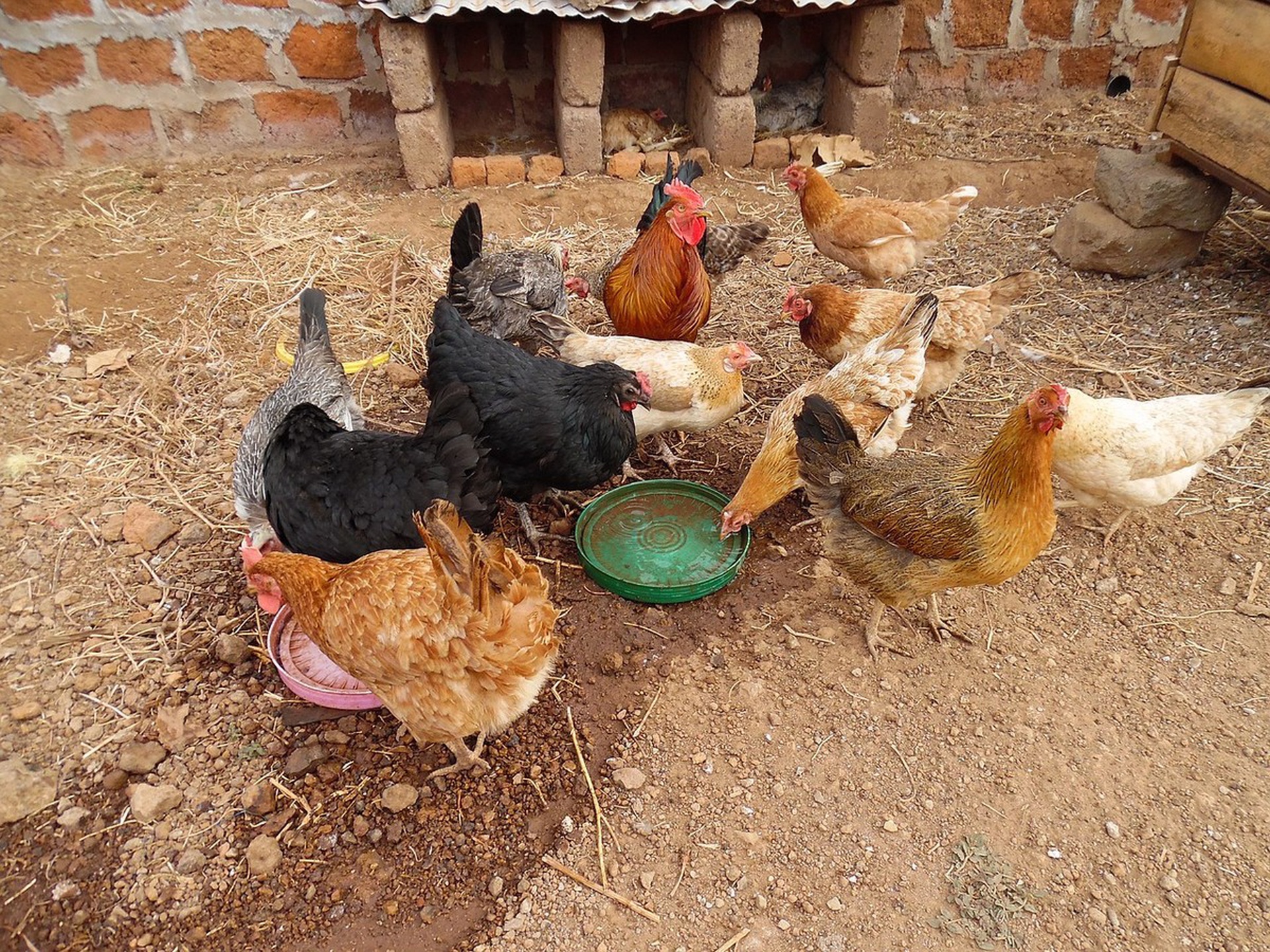Grant will help improve nutrition, food safety and child health
The Ohio State University Global One Health initiative (GOHi) and the Ohio Agricultural Research and Development Center’s (OARDC) Food Animal Health Research Program (FAHRP) will collaborate on a research project and build capacity as part of an $8.7 million grant awarded to the University of Florida Institute of Food and Agricultural Sciences from the Bill & Melinda Gates Foundation. The grant will fund research to tackle global hunger and food safety in Ethiopia and Burkina Faso.
GOHi and FAHRP will play a lead role in research and training activities focused specifically on Environmental Enteric Dysfunction (EED), a diarrheal disease that is a major cause of childhood death in resource-stricken countries. The $3.2 million research project will identify ways to help improve the nutrition and growth of children who live in rural Ethiopia, many of whom have suffered from malnutrition and stunted growth as a result of chronic digestive issues related to exposure to chicken droppings associated with EED.
“GOHi and OARDC are pleased to be part of this major initiative,” said Wondwossen Gebreyes, executive director of GOHi and a professor of molecular epidemiology in the College of Veterinary Medicine. “This project is of very high significance from several points of view. Most importantly, it addresses a major global issue of EED. While EED has been known for a few decades in humans, its connection with animal-based nutrition and foodborne bacteria has come to surface more recently.
“In addition, it is important to build the capacity of our strategic partners to establish strong, skilled manpower and laboratory so they can in the future address EED and other important problems at the interface of humans, animals and the environment.”
The research, referred to as the CAGED project, will be a cluster randomized community-based trial, testing whether improvements in a child’s growth pattern can be attained by providing access to quality protein sources and improved health. To achieve overall health and wellness, trainings will be conducted on Water, Sanitation and Hygiene (WASH) practices, and information and materials will be disseminated on the proper ways to raise chickens in a clean and safe environment. Studies also will be conducted on the foodborne pathogen Campylobacter, and its genetic makeup, to better understand the bacteria, how it spreads and its connection to EED.
The goal will be improved growth among children in the intervention group by reducing infections from food contaminated with Campylobacter, which can be found in infected animals such as chickens. Eliminating the bacteria would decrease the prevalence of recurrent diarrhea and in combination with increased access to eggs, children participating in the study would have reduced rates of stunting and malnutrition.
GOHi and the FAHRP have been involved in the development of the project and will be key to the research’s coordination, oversight of molecular epidemiology and training of a PhD fellow in capacity-building components.
Learn more about the University of Florida’s research project.


